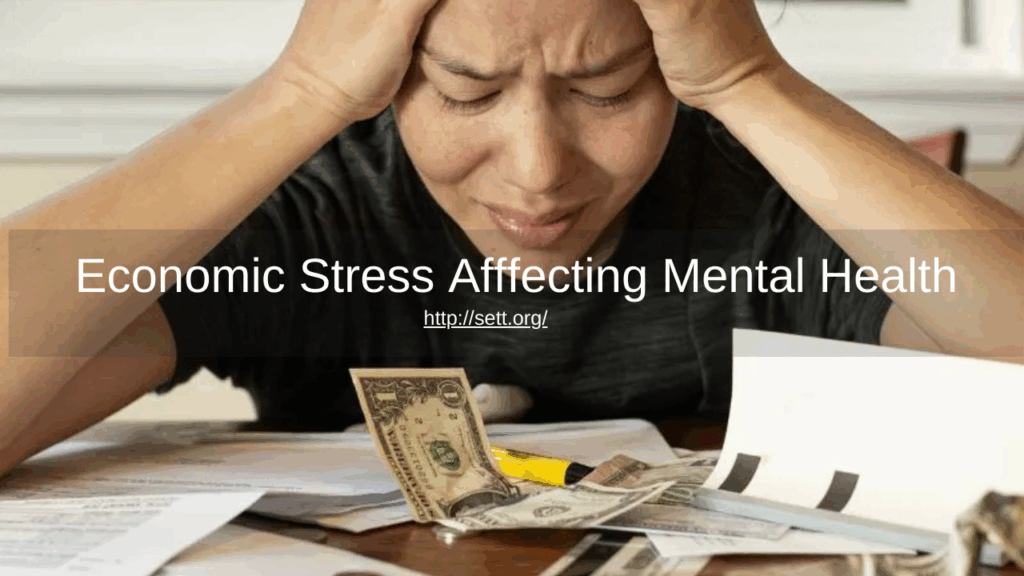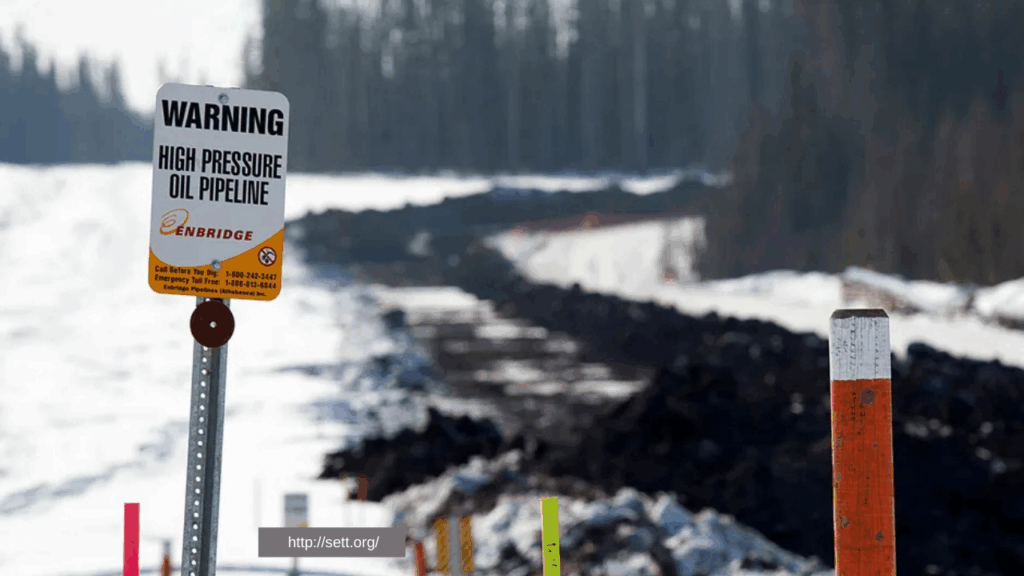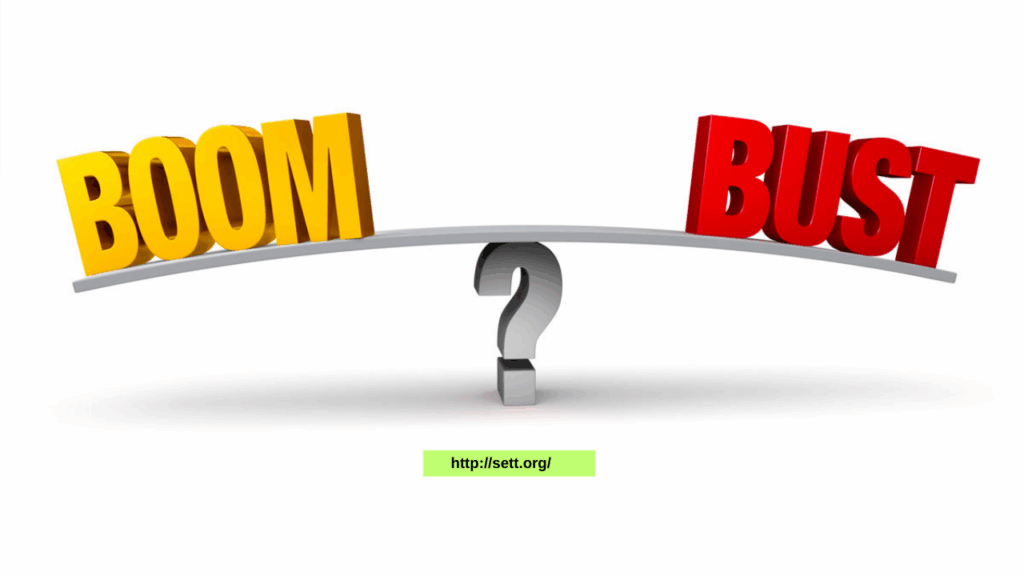
The oil sands economy has always been a cycle of highs and lows. When prices are strong, communities experience prosperity, steady jobs, and financial security. When the market collapses, the effects ripple quickly, leaving workers, families, and entire towns struggling to cope. While economic reports capture the numbers, they rarely show the human side of this cycle: the stress, resilience, and personal battles that shape everyday life.
Families Living Through the Cycle
Families in oil sands towns often feel the brunt of boom-and-bust cycles. During prosperous times, households may enjoy new opportunities, but long shifts and time away from home can strain relationships. Children may miss parents who are gone for weeks at a time, while spouses carry the weight of keeping the household running.
When the market falls, families face a different kind of hardship. Job losses, reduced hours, and financial stress create tension in relationships and emotional strain across generations. These challenges can lead to conflict, withdrawal, or increased reliance on unhealthy coping mechanisms. Recognizing these pressures is the first step toward offering compassionate solutions.
The Link Between Economic Stress and Mental Health
Anxiety and Depression in Uncertain Times
Unemployment or fear of job loss can trigger symptoms of anxiety and depression. Individuals may struggle with feelings of hopelessness or lose interest in the activities they once enjoyed. Without support, these challenges can intensify and impact the entire family.
The Role of Substance Use
For some, substances become a way to escape financial stress or emotional pain. Unfortunately, what begins as temporary relief often turns into dependency. Addiction recovery services become essential lifelines during times of economic instability.
Building Resilience Through Support
Inpatient and Outpatient Care
Structured recovery programs offer stability when life feels unpredictable. Inpatient care provides a safe environment away from daily stress, while outpatient treatment allows individuals to stay connected to family and community while working on recovery. Both approaches help build coping skills and long-term resilience.
Holistic and Faith-Based Healing
True recovery addresses the whole person. Holistic care nurtures the body, mind, and spirit, offering practices such as mindfulness, physical wellness, and spiritual reflection. Faith-based programs add a deeper layer of support, reminding individuals that healing is possible even in uncertain times.
Personalized Care Plans
Every individual and family faces unique challenges during economic downturns. Personalized treatment ensures that recovery strategies are tailored to meet each person’s needs, creating the strongest foundation for lasting healing.
Practical Ways Families Can Adapt
Stay Connected as a Unit
Strong family communication helps reduce stress. Sharing feelings, supporting one another, and reaching out for professional guidance keeps relationships strong during uncertainty.
Create Predictable Routines
Daily structure provides comfort when external circumstances are unstable. Routines such as family meals, exercise, or spiritual practices help create balance.
Invest in Growth and Recovery
Families who view downturns as opportunities for growth often emerge stronger. This may include pursuing education, developing new skills, or engaging in counseling and recovery programs together.
Moving Forward with Strength
The oil sands cycle will always bring challenges, but individuals and families have the power to build resilience. Through addiction recovery services, mental health treatment, holistic practices, and faith-based support, healing is possible even in the most uncertain times. The human side of this cycle is not just about surviving—it is about finding hope and creating a future built on stability and wellness.
Take the Next Step
If you or someone you love is struggling with addiction, mental health concerns, or the emotional weight of economic uncertainty, help is available. At [http://sett.org/], we provide compassionate, individualized care that supports your journey toward healing. With inpatient and outpatient programs, holistic approaches, and faith-based guidance, we are here to walk alongside you. Reach out today to take the first step toward a healthier, more resilient future.

